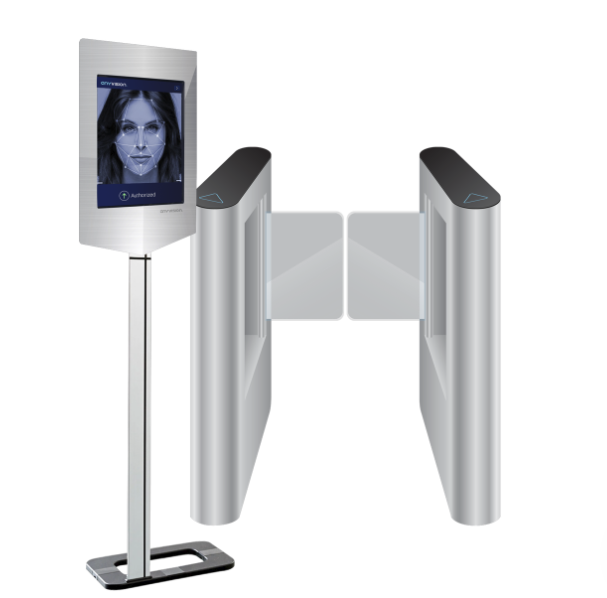Israeli Army Levies All Available Research Weapons against COVID-19

Vocalis Health is one of several Israeli companies racing to develop technology to identify infected individuals. Their technology is based on voice analysis. (Source: Vocalis Health)
Israel is using all of its defense resources in waging a detection and technology war against COVID-19, relying on contractors, researchers, hospitals and the army in developing ways of identifying and stopping the spread of the virus, according to a story in the New York Times.
Among the heavy-hitting defense groups that have been mobilized are Elbit Systems, Israel Aerospace Industries and Rafael Advanced Defense Systems, the companies behind Israel’s unmanned vehicles, missiles and fighter jets. In addition, several Israeli tech companies are developing means of detecting the virus through sense-related diagnostic tests to smell, hear or see coronavirus infections, which would enable the country to stop its spread. They are working in tandem with Israel’s largest hospital, Sheba Medical Center, rated the ninth-best hospital in the world by Newsweek.
For instance, Vocalis Health, which uses sensitive audio technology, artificial intelligence and machine learning to analyze voice and breathing, is trying to identify a vocal indicator for the coronavirus; NanoScent, a company whose technology uses arrays of sensors to detect and digitize odors, says virus cells in the noses of Covid-19 patients produces a distinct smell, which their company is developing a 30-second test to identify it; TeraGroup is developing a breathalyzer using spectrum analyzers operating at super-high frequencies for patients to blow into a cigar-sized tube as a test.

The Israeli company AnyVision is using its facial recognition technology on a microscopic level to attempt to identify the coronavirus.
A surveillance and facial recognition company called AnyVision, which is best known for scanning faces at military checkpoints, is using computer-vision and deep-learning technology on a microscopic level, training it to detect COVID-19 cells by looking for the ways the virus diverts healthy cells from their usual functions. The company is also using 600 cameras in hospitals to contain the spread of the virus, so when someone enters a department without wearing a mask, they set off an alarm.
Another means being used to stop the virus’s spread is greater use of telemedicine and personal robotic assistants to allow doctors to monitor patients without having to enter their rooms.
read more at nytimes.com







Leave A Comment